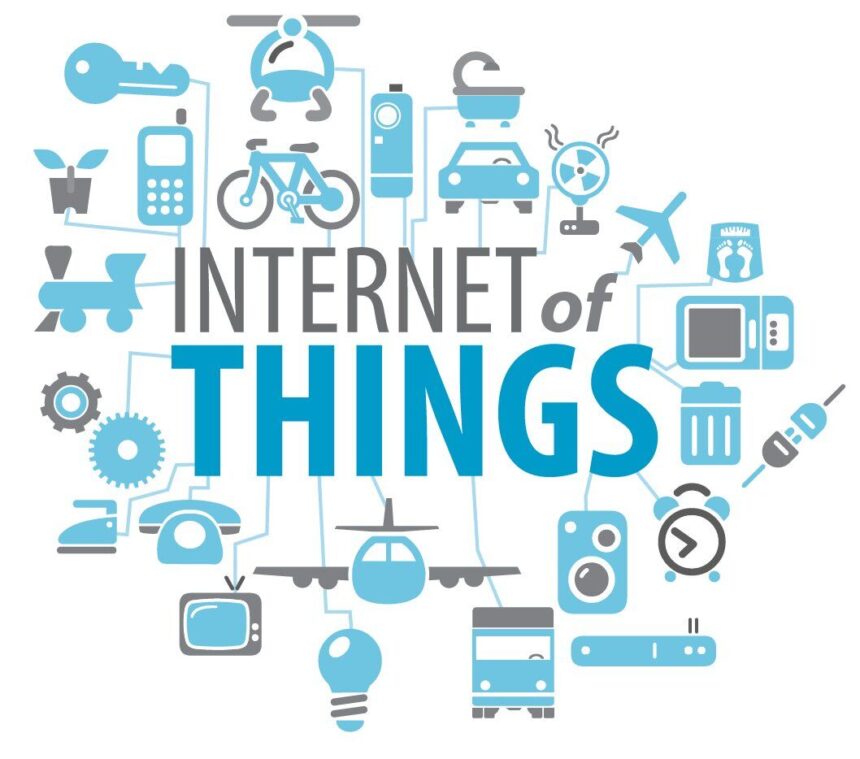Roger Magoulas, the director of Market Research for O’Reilly Media, first coined the term big data a few years ago. He never envisioned that it would have such a profound impact on modern business processes. Big data later paved the road for the Internet of Things (IoT) revolution, which has created a number of profound opportunities for businesses as well.
In the early days of big data, it was a game changer for high technology businesses. However, it has since touched every sector. In 2012, Andrew McAfee and Erik Brynjolfsson of the Harvard Business Review claimed that big data was already transforming managerial processes for brick-and-mortar businesses as well.
“The familiarity of the Amazon story almost masks its power. We expect companies that were born digital to accomplish things that business executives could only dream of a generation ago. But in fact the use of big data has the potential to transform traditional businesses as well. It may offer them even greater opportunities for competitive advantage (online businesses have always known that they were competing on how well they understood their data). As we’ll discuss in more detail, the big data of this revolution is far more powerful than the analytics that were used in the past. We can measure and therefore manage more precisely than ever before. We can make better predictions and smarter decisions. We can target more-effective interventions, and can do so in areas that so far have been dominated by gut and intuition rather than by data and rigor.”
The trend has only accelerated since McAfee and Brynjolfsson first published their post.
How is big data and the IoT driving change?
Expediting R&D Turnaround Times
Research and development can be a lengthy process. Brands can spend at least two years trying to bring a new product to market. Big data has helped them optimize their processes and introduce new products more quickly.
Bristol-Myers Squibb reduced the time it took to complete clinical trials by 98% by using big data. This is an improvement even the boldest industry experts would never have predicted.
Deliver Higher Quality Solutions
Companies like Mint.com and LearnVest are using big data as part of their service model. They collect detailed information on their customers, so they can provide personalized service packages to them.
Improve Cost-Effectiveness
Efficiency across organizations should be prioritized more in most companies. According to Visual Planning, companies see a 94% time saving when using visual planning software. This is due to the data and app integrations across organizations and devices. Big data and IoT are the primary drivers that allow for significant increases in efficiency which leads to cost savings and higher productivity.
Improving Customer Service
Boosting customer satisfaction has always been a priority for every business. Unfortunately, companies are having difficulty meeting ever-growing customer demands in era where immediate gratification has become an expectation.
Big data has helped them rise to the challenge. Datafloq argues that the trick is to collect data on customers throughout the engagement process, so you know how to service them better at the next stage.
“In order to achieve that, organizations, small or large corporates, should start with collecting data at various customer touch points, consistently and correctly. When the data is collected, customer metrics and smart algorithms can be used to improve the relationship with customers. This will reduce the amounts of complains, and very likely increases the amount of compliments.”
Companies are finding more creative ways to use big data to save money. The Weather Company and IBM recently formed a partnership to help companies assess the impact of weather on their financial performance and identify ways to use weather analytics to cut costs.

